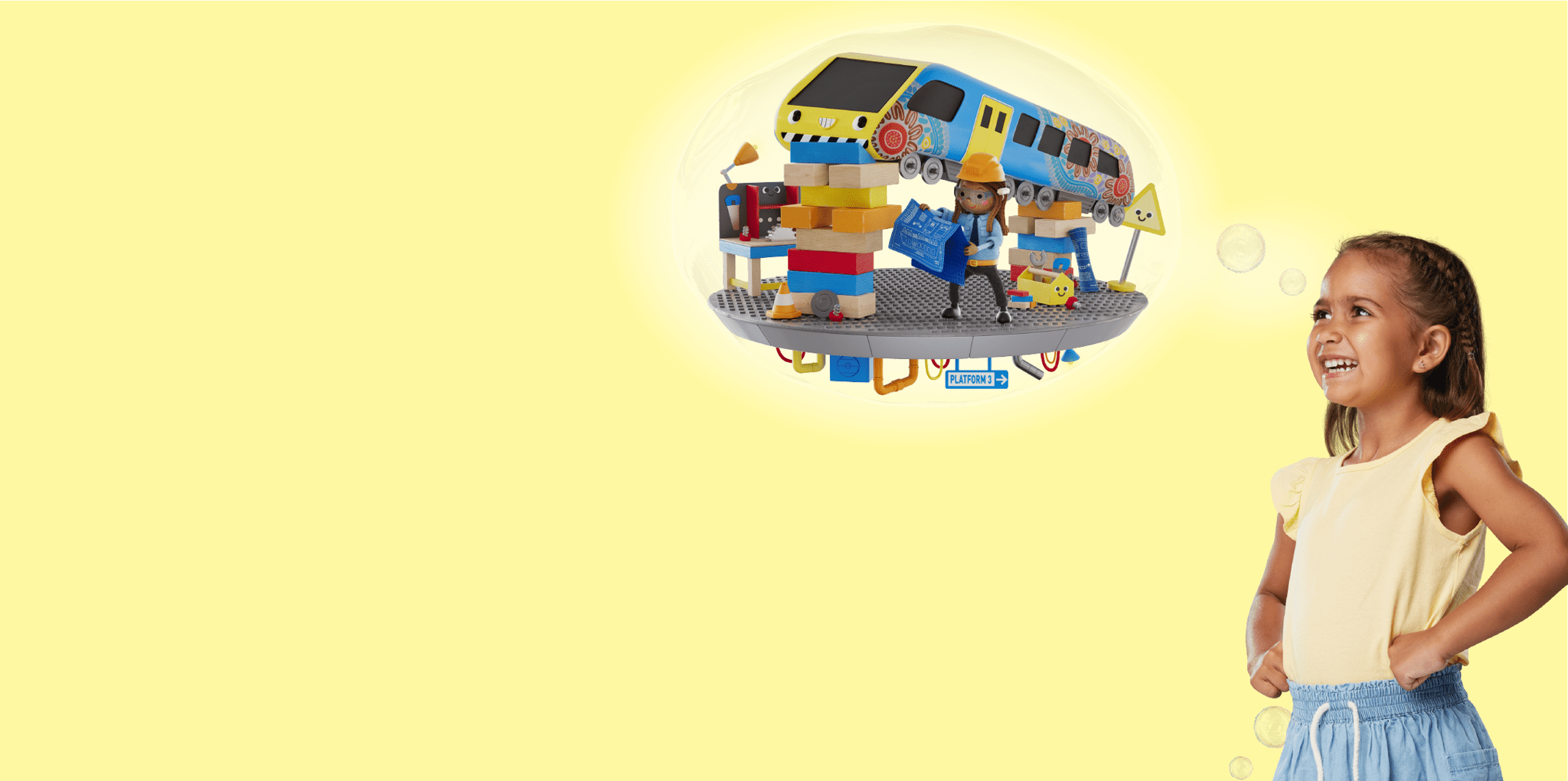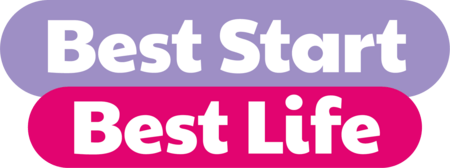We're investing $14 billion to give Victorian children the best start in life.
The reforms will:
- transform early childhood education
- provide the best start for children
- support families with cost-of-living pressures
- help parents get back to work and study if they choose.
This means:
- Free Kinder: Free Kinder is available for Victorian 3- and 4-year-old children at participating services in both standalone (sessional) services and long day care (childcare) settings - meaning a saving of up to $2,563 per child, every year.
- Pre-Prep: Four-Year-Old Kindergarten will transition to 'Pre-Prep' - increasing to a universal 30-hour a week program of play-based learning for 4-year-old children in Victoria.
- Three-Year-Old Kindergarten: The roll out of Three-Year-Old Kindergarten continues, programs will increase to 15 hours a week across the state by 2029 - providing Victorian children with 2 years of a quality kindergarten program before school.
- Early learning centres: We’re opening 50 new early learning centres in areas that need them most - making childcare and kinder easier to access. The first 4 centres opened in January 2025, with 14 more to follow in 2026. These centres are operated by Early Learning Victoria, a new organisation in the Department of Education.
- Kindergarten infrastructure: Significant investment in infrastructure across the state, including new kindergartens on or near school sites. Substantial grants are available to build, expand and maintain kindergarten services.
- Kindergarten workforce: Increased investment to attract, upskill and retain quality early childhood teachers and educators - scholarships, incentives, traineeships and career advancement programs are available to support our skilled workforce.
Shaping the Best Start, Best Life reforms
Find out how we're using what we heard to design the future of the Best Start, Best Life reforms.
The reform roll-out
2024
- Free Kinder for 3- and 4-year-old children available at participating services across Victoria.
- Between 5 to 15 hours per week of Three-Year-Old Kindergarten available across Victoria, increasing to 15 hours by 2029.
2025
- Pre-Prep: Launches in 6 local government areas (LGAs). These services can offer between 16 - 30 hours per week.
- The first 4 early learning centres opened at Eaglehawk North Primary School, Moomba Park Primary School in Fawkner, Murtoa College and Sunshine Primary School.
2026
- Pre-Prep: Across the state, Aboriginal and Torres Strait Islander children, children from a refugee or asylum seeker background, and children who have had contact with Child Protection services can access to up to 25 hours of Pre-Prep a week, increasing to up to 30 hours a week from 2028.
- Pre-Prep: An additional 12 regional LGAs are added to the roll-out schedule. These services will offer between 16 - 20 hours per week between 2026 and 2028, up to 25 hours per week in 2029 and 2030 and up to 30 hours per week from 2031.
- The next group of the 50 early learning and childcare centres open, with 14 new centres opening in 2026.
2027
- Pre-Prep: An additional 12 regional LGAs are added to the roll-out schedule. These services will offer between 16 - 20 hours per week in 2027 and 2028, up to 25 hours per week in 2029 and 2030, and up to 30 hours per week from 2031.
- The next 6 of the 50 early learning and childcare centres open.
2028
- Pre-Prep: Children across the state who have (or have a parent or guardian who has) a Commonwealth concession card, and children who are a multiple birth child (triplets or more) will have access to up to 25 hours of Pre-Prep a week, increasing to up to 30 hours from 2030.
- Pre-Prep: An additional 15 regional LGAs are added to the roll-out schedule. These services will offer between 16 - 20 hours per week in 2028, up to 25 hours in 2029 and 2030, and up to 30 hours per week from 2031.
- The next group of the 50 early learning and child centres open.
2029
- Three-Year-Old Kindergarten is available for 15 hours per week statewide.
- The next group of the 50 early learning and child centres open.
2030
- The next group of the 50 early learning and child centres open.
2031
- The next group of the 50 early learning and child centres open.
2032
- Pre-Prep: Major regional centres, Bendigo, Ballarat and Geelong, are added to the roll-out schedule. These services will offer between 16 - 25 hours per week in 2032, increasing to up to 30 hours per week from 2033.
- The final group of the 50 early learning and child centres open.
2033
- Pre-Prep: Services in Bendigo, Ballarat and Geelong will offer up to 30 hours per week.
2034
- Pre-Prep: Greater Melbourne (all remaining LGAs) are added to the roll-out schedule. These services will offer between 16 - 20 hours per week, increasing up to 25 hours per week in 2035 and up to 30 hours per week from 2036.
2035
- Pre-Prep: Services in Greater Melbourne will offer up to 25 hours per week.
2036
- Pre-Prep: Children across Victoria will access up to 30 hours of Pre-Prep.
50 early learning and childcare centres for Victoria
We're building 50 new government-owned early learning and childcare centres in areas where they’re needed most.
These centres will:
- offer childcare and kinder
- be next to schools, where possible
- be near maternal and child health services and playgroups.
To operate the centres, we created a new organisation in the Department of Education. Named Early Learning Victoria, it provides high-quality early childhood education and care. Its programs:
- are child-centred
- focus on learning through play
- connect with nature and local communities.
2025 sites (now open)
Updated

